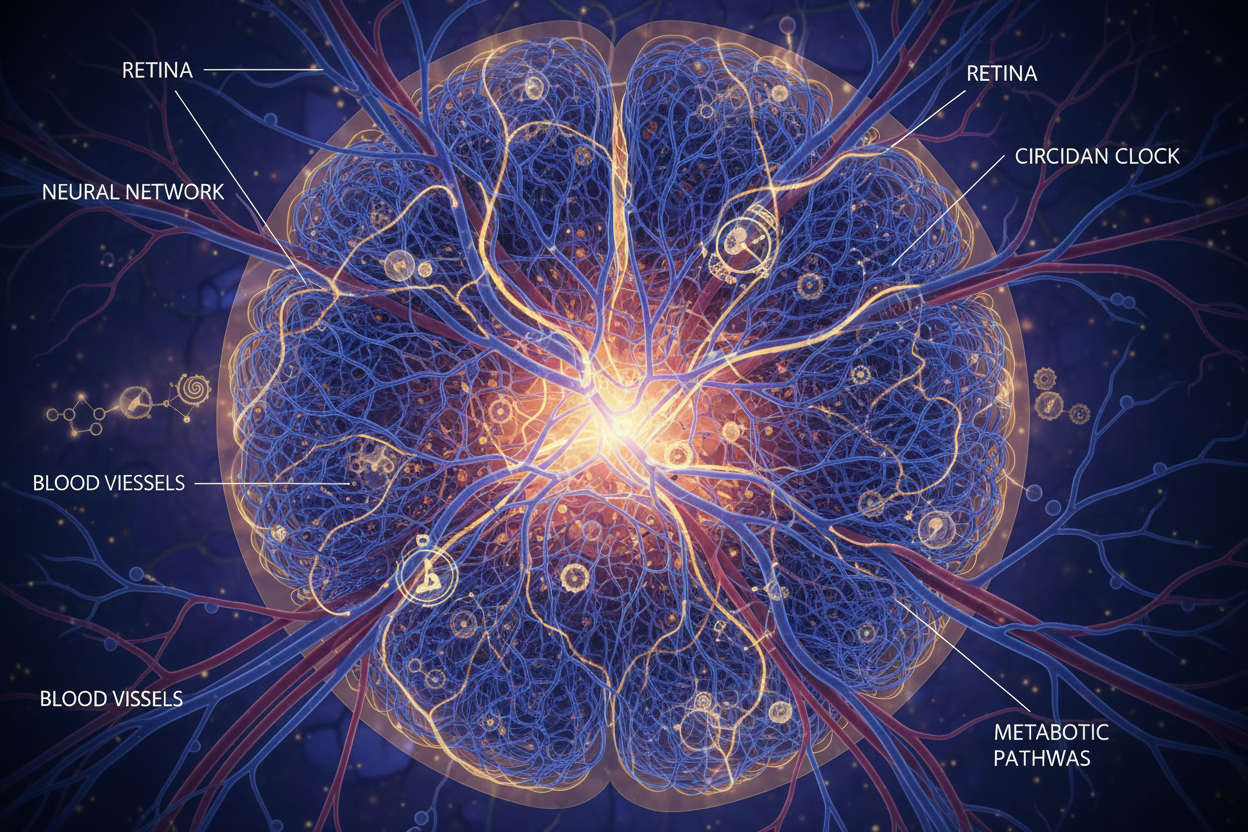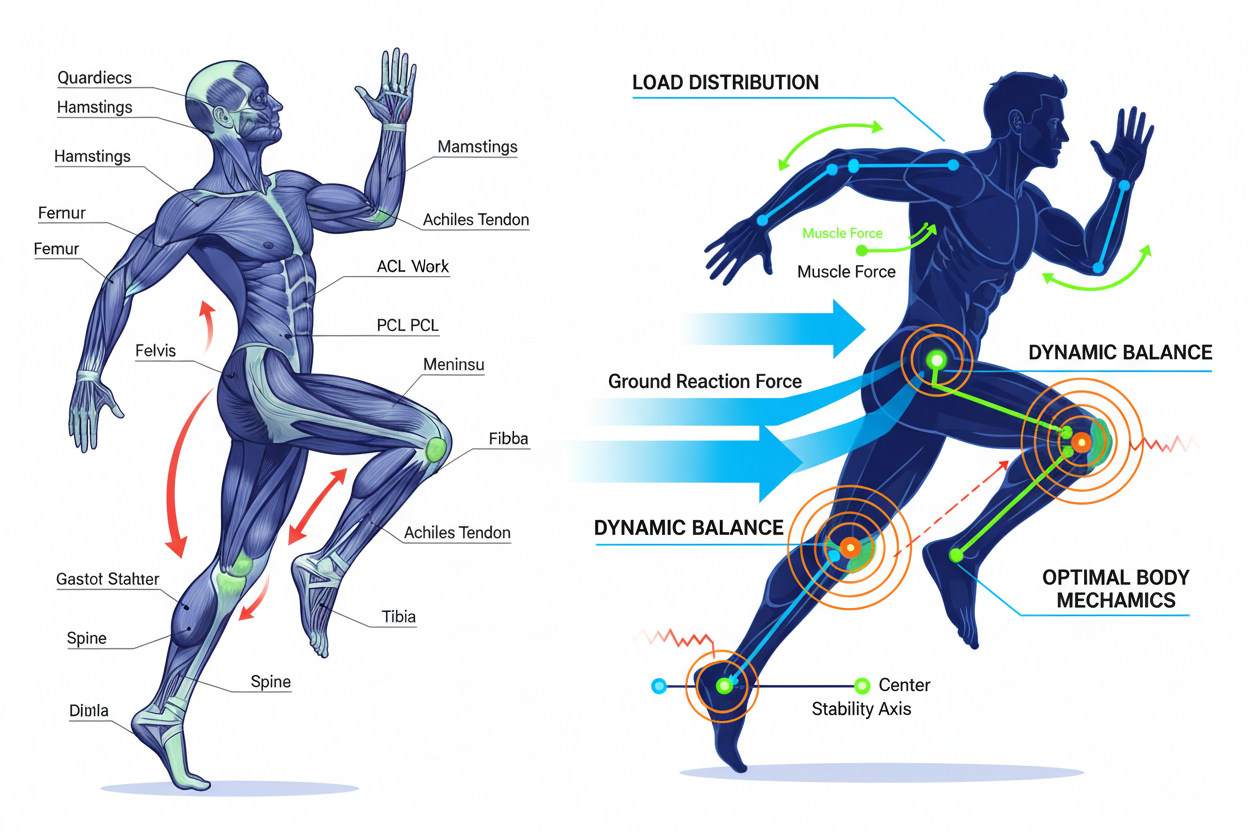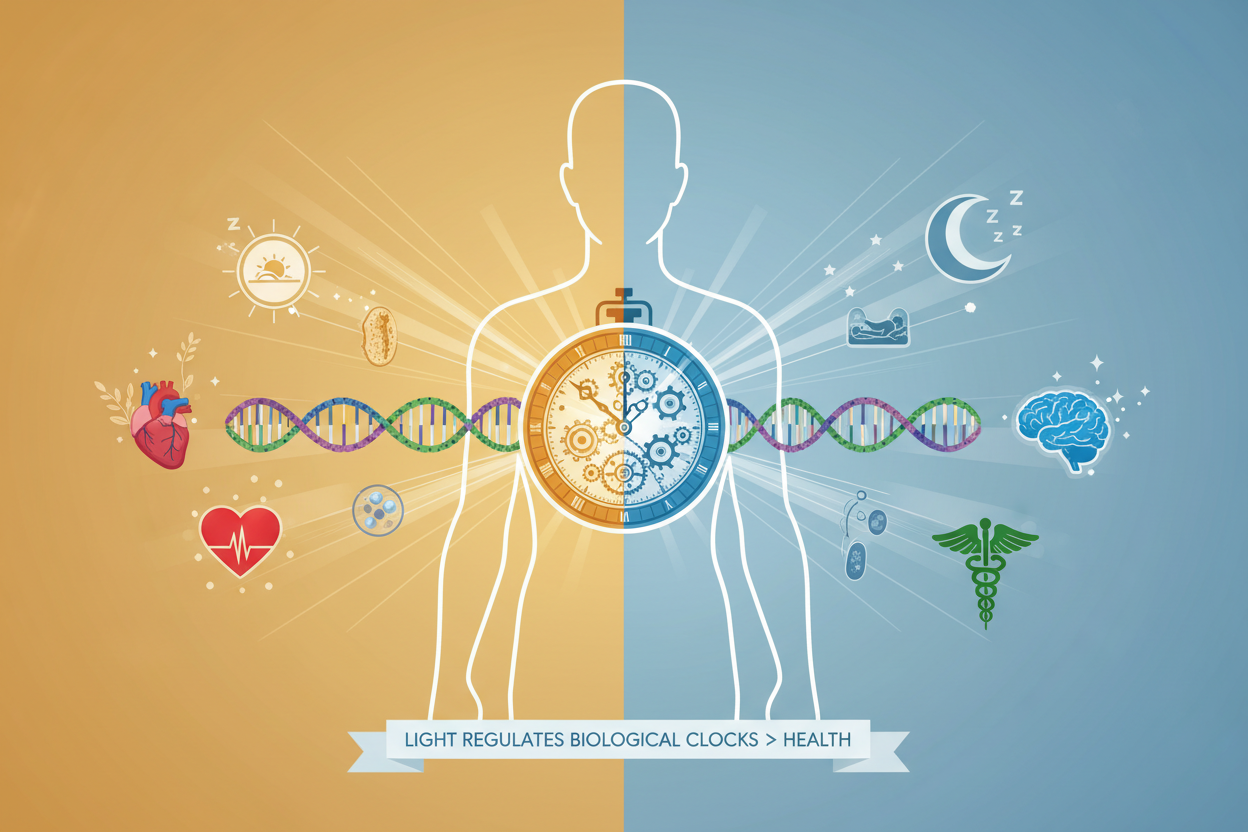When you hear the word cholesterol, most of us imagine something we should limit in our diet. But cholesterol actually has other, lesser-known roles. It is part of a system that helps our body adapt to changes in light during different seasons. How does it work? Well, there are two main types of cholesterol: LDL, often called "bad," and HDL, known as "good" cholesterol. LDL has fewer electrons than HDL, which is why both types exist and serve different functions in our body.
This entire system utilizes something called the photoelectric effect – that is when light hits a substance and causes the release of electrons. Because of this, cholesterol not only plays a role in regulating our health but also helps the body respond to the light conditions in the environment. And all of this has a significant impact on how we are able to adapt to different seasons. So cholesterol is not just about heart health – it is a key player in our ability to cope with the changing world around us.
Electrons and Light: How Does It Work?
Electrons are the basic building blocks of atoms and play a key role in chemical reactions and the electrical properties of materials. In the world of biophysics, electrons allow light to interact with chemical structures, such as cholesterol, and alter them.
LDL and HDL Cholesterol: The Role of Electrons
LDL cholesterol, which has fewer electrons, is less capable of absorbing and utilizing energy from light compared to HDL cholesterol, which has more electrons. As a result, HDL cholesterol interacts better with light waves, which is fundamental for the effective use of light energy in the body. This ability to absorb UV radiation is crucial for processes such as the synthesis of vitamin D, which is essential for bone health and the immune system.
According to decentralized medicine, the electrons in cholesterol not only enable the body to respond more efficiently to light conditions but also play a role in preventing various health issues associated with the modern lifestyle, such as vitamin D deficiency and its impacts on health. This perspective suggests that a proper understanding and application of biophysical principles can significantly contribute to our health and well-being.





Leave a comment
This site is protected by hCaptcha and the hCaptcha Privacy Policy and Terms of Service apply.